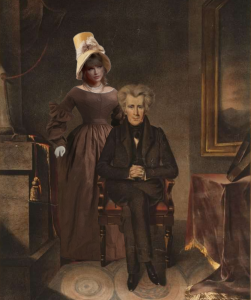If you’ve logged on to any social media recently or even remotely care about football at all, you have seen the flood of news about Ray Rice and Adrian Peterson’s abuse cases.
Rice, a former running back for the Baltimore Ravens, is now suspended indefinitely after a video of him abusing his wife surfaced earlier last week. Retailers pulled his jerseys and other merchandise from their shelves after the news broke.
Peterson’s case is somewhat different than Rice’s. It involves his son and is being described by Peterson’s attorney as a form of discipline for the child. The governor of Minnesota called for his suspension on Tuesday, and as of Wednesday morning, Peterson was added to the commissioner’s exempt list, which essentially bars him from playing until the commissioner gives him the OK.
Both of these cases put the spotlight on the players’ personal lives, although it can be argued that they are only personal until they’re made public (i.e. through videos on the internet). But at what point should these kinds of incidents affect their careers as athletes?
By no means am I condoning the abuse that has taken place: domestic violence is an ongoing problem, and it is despicable that these men have engaged in it. However, it is hard to argue that they aren’t talented within their professions. There are plenty of celebrities through the years who have faced similar situations.
In the late ‘70s, film director Roman Polanski was arrested for sexually assaulting a 13-year-old girl. While he fled to Paris just hours before his hearing, there is one thing the public cannot deny: the quality of his work. Polanski’s films inspired a generation of directors after him, and they continue to captivate audiences. “Rosemary’s Baby” set a precedent for future horror films; not many directors can say the same about their work.
Another example is former president Bill Clinton’s affair with then White House intern Monica Lewinsky. For some of us, this is the first (and maybe only) thing that comes to mind when Clinton’s name comes up, which completely discredits his presidential accomplishments, and his charity work.
The point I am trying to make is that one cannot deny a person their due professional credit because of their bad choices. Yes, it is on them to be aware of possible consequences that may arise because of the platform they hold, but that should not overshadow their career as a whole.








